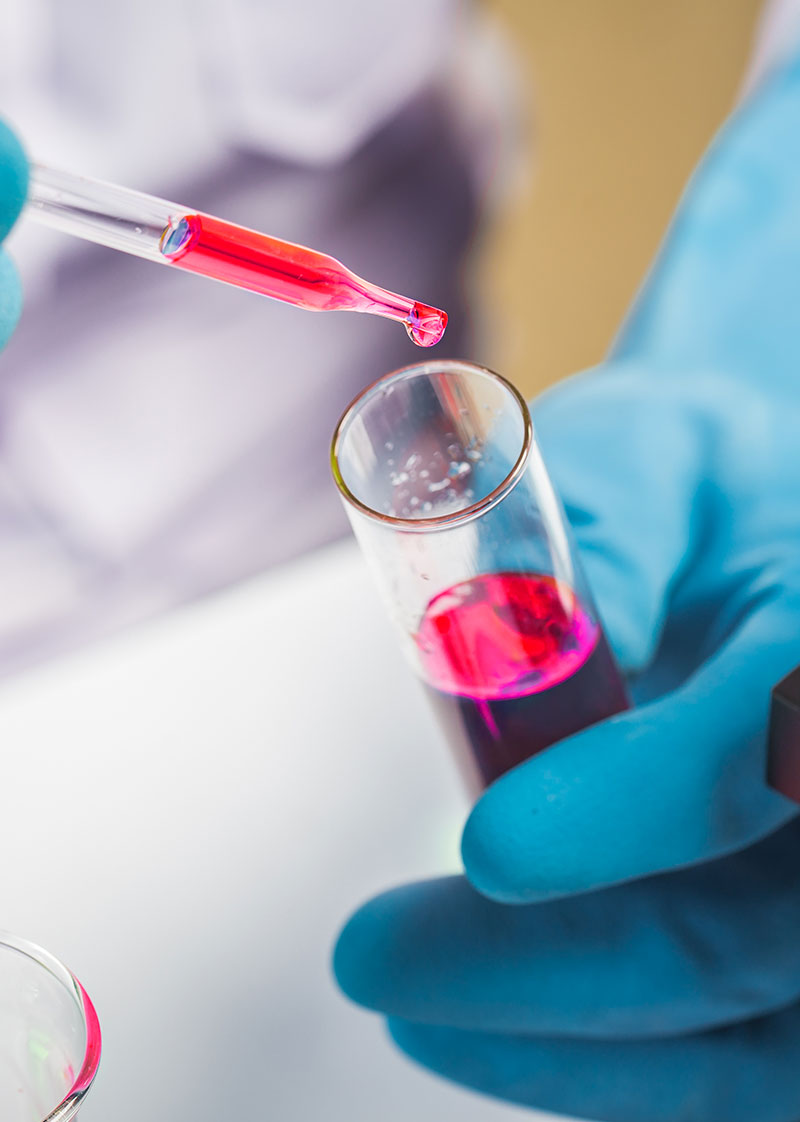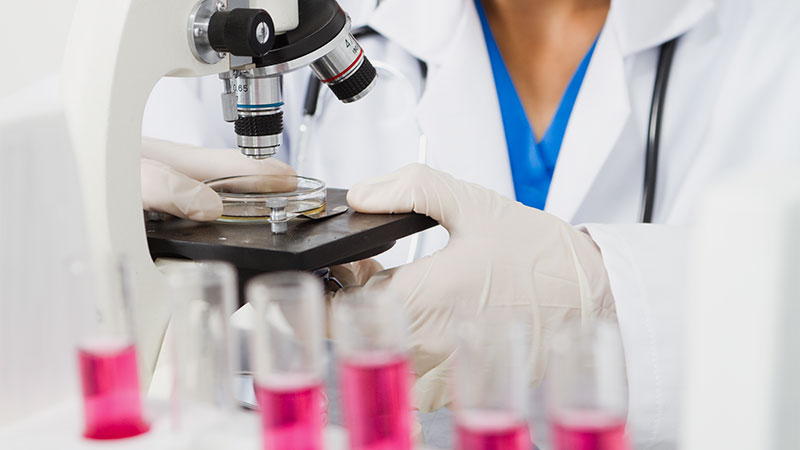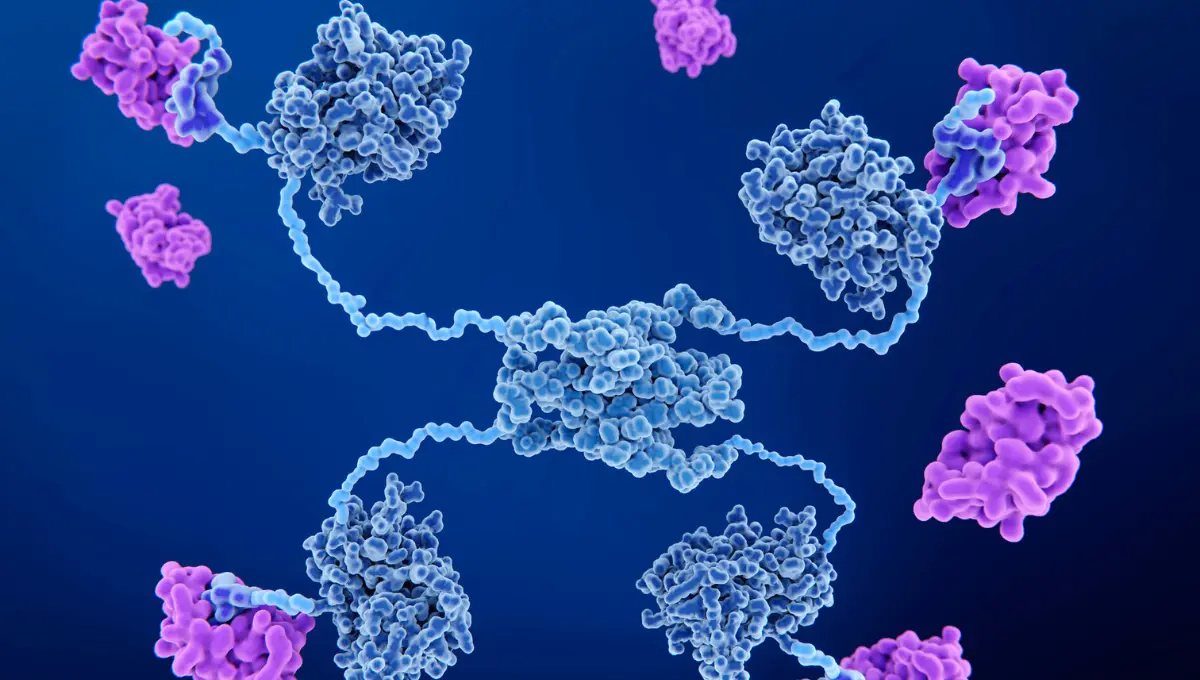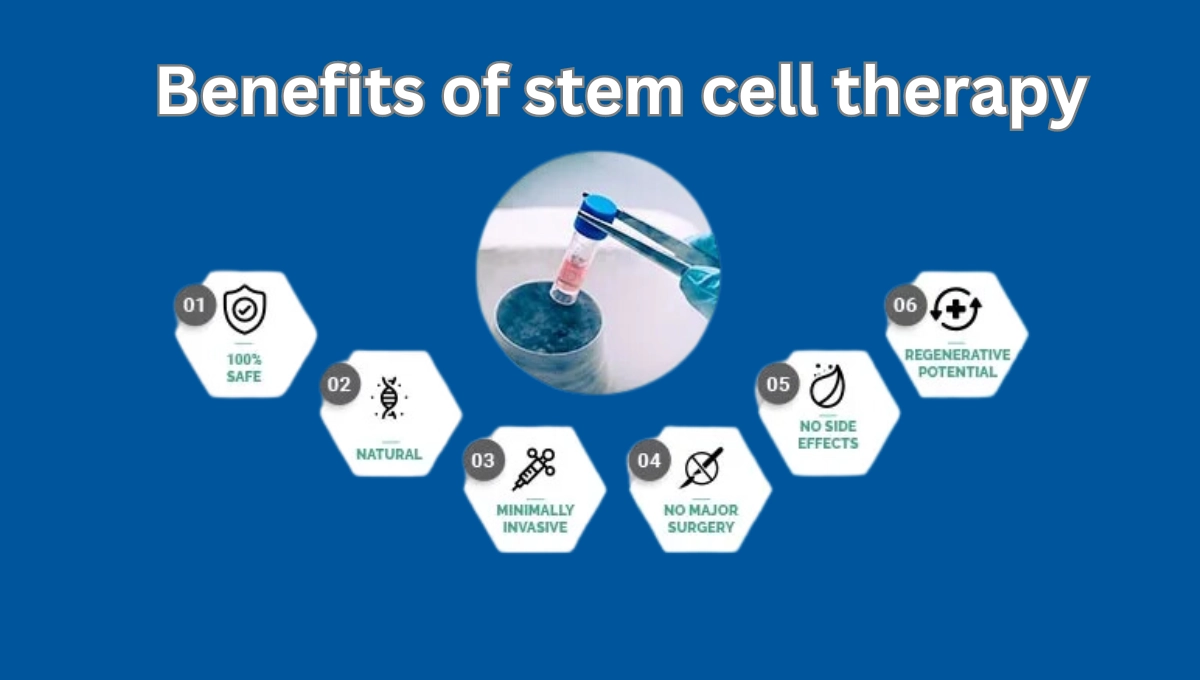Advance Lab Services
The Medical Laboratory at IRM Hospital stands at the forefront of healthcare diagnostics, playing a pivotal role in the early detection, diagnosis, and treatment of diseases. This facility integrates advanced medical lab technology and a team of dedicated professionals to provide accurate and timely health diagnostics, essential for effective patient care. This article delves into the significance of the medical laboratory's services, its contribution to patient diagnostics, and how it embodies the bridge between clinical inquiries and therapeutic answers.
The Role of the Medical Laboratory in Patient Care
At the heart of IRM Hospital, the medical laboratory serves as a critical hub for health screening tests and diagnostic services. It employs a wide array of diagnostic methods, from blood tests to molecular diagnostics, to identify and understand various health conditions. The laboratory’s function extends beyond mere test conduction; it involves intricate processes of specimen processing, analysis, and interpretation, ensuring diagnostic accuracy that informs clinical decisions.
Advanced Diagnostic Services Offered
IRM Hospital’s pathology lab is equipped with state-of-the-art laboratory equipment, facilitating a comprehensive range of diagnostic services. These include, but are not limited to, hematology for studying blood and blood diseases, microbiology for identifying infectious agents, and clinical chemistry for evaluating chemical components in blood. Immunology tests assess immune system health, while molecular diagnostics offer insights into genetics and molecular biology aspects of diseases.
Ensuring Diagnostic Accuracy through Expertise and Technology
The medical testing facility's commitment to diagnostic accuracy is evident in its employment of cutting-edge technology and a skilled team of medical laboratory scientists. These professionals are adept at lab test interpretation, leveraging their expertise to translate complex data into actionable medical insights. Their proficiency ensures that each test is conducted with precision.
Contribution to Medical Research and Clinical Trials
Beyond patient diagnostics, the clinical laboratory at IRM Hospital plays a crucial role in medical research and clinical trials. Laboratory diagnostics are integral to these endeavors, offering foundational data that drives medical advancements and innovation. The laboratory's work aids in the development of new treatments and therapies, underscoring its importance in the broader medical community.
Supporting Medical Research:
Beyond patient care, laboratory services contribute significantly to clinical research and the development of new treatments and therapies. Laboratory data is fundamental in clinical trials, helping to uncover new disease mechanisms and therapeutic targets.
Ensuring Quality and Safety in Laboratory Services
Quality control and safety protocols are paramount in laboratory services to ensure the accuracy and reliability of test results. Laboratories adhere to strict standards and regulations, employing advanced technology and skilled professionals to conduct tests and interpret results. Continuous training and education are essential for maintaining the precision and integrity of laboratory work.
Conclusion
Laboratory services are indispensable in modern healthcare, offering a window into the inner workings of the body that is crucial for diagnosing and treating diseases. As technology and medical knowledge advance, the scope and accuracy of laboratory tests continue to improve, promising better patient outcomes and a deeper understanding of human health. The integration of laboratory services in patient care and medical research underscores their vital role in advancing healthcare and enhancing the quality of life.
Medical Laboratory Services
Laboratory services are a fundamental component of healthcare, providing critical insights that guide the diagnosis, treatment, and monitoring of diseases. These services encompass a wide range of diagnostic tests and analyses conducted on blood, tissue, and other specimens to detect and measure various substances or organisms. This article explores the multifaceted aspects of laboratory services, their importance in medical practice, and how they contribute to enhancing patient care and advancing medical knowledge.

Diagnostic Services
At the core of laboratory services are diagnostic tests that identify and measure specific biomarkers to diagnose diseases, conditions, and infections. These services include blood work, urine analysis, tissue biopsies, and microbiological cultures, which are essential for detecting a wide array of health issues, from infections to cancer.
Complete Tests 0
Computerized Testing 0

Preventive Health
Through screening tests and regular check-ups, laboratory services play a crucial role in preventive health. Identifying risk factors and early signs of disease can lead to early intervention and prevent more serious health issues.

Clinical Testing
This category encompasses a variety of tests, such as chemical pathology, hematological tests, and immunological assays, designed to evaluate the functioning of organs and systems, monitor disease progression, and assess treatment efficacy. Clinical testing is pivotal in managing chronic conditions like diabetes, heart disease, and autoimmune disorders.
Pathology 0
Hematology 0

Toxicology Screening
Laboratories also perform toxicology screenings to detect the presence and concentration of drugs, chemicals, and toxins in the body. This service is crucial in emergency medicine, occupational health, and forensic investigations.
Monitoring and Management
Regular laboratory tests are vital in monitoring the progress of diseases and the effectiveness of treatments. Adjustments to therapy can be made based on timely and accurate lab results, ensuring optimal patient care.

Molecular Testing and Genetic Screening
With advances in genomics, laboratory services now offer molecular testing and genetic screening that provide insights into an individual’s genetic predispositions to certain diseases. These tests are instrumental in precision medicine, enabling tailored treatment plans based on genetic makeup.
Analitycs
Diagnostics
Treatment
Testing
Our News
stay tuned, new updates soon
Angiogenesis: The Vital Process of Blood Vessel Growth and Its Impact on Health
Angiogenesis, the formation of new blood vessels from existing ones, is a cornerstone of human
Anti-apoptosis: Exploring the Mechanisms of Cell Survival and Therapeutic Implications
Apoptosis, or programmed cell death, is a crucial biological process that ensures the proper development
Benefits of Stem Cells Therapy Treatment in Pakistan
Introduction to Stem Cell TherapyStem cell therapy, a groundbreaking approach in the realm of regenerative










